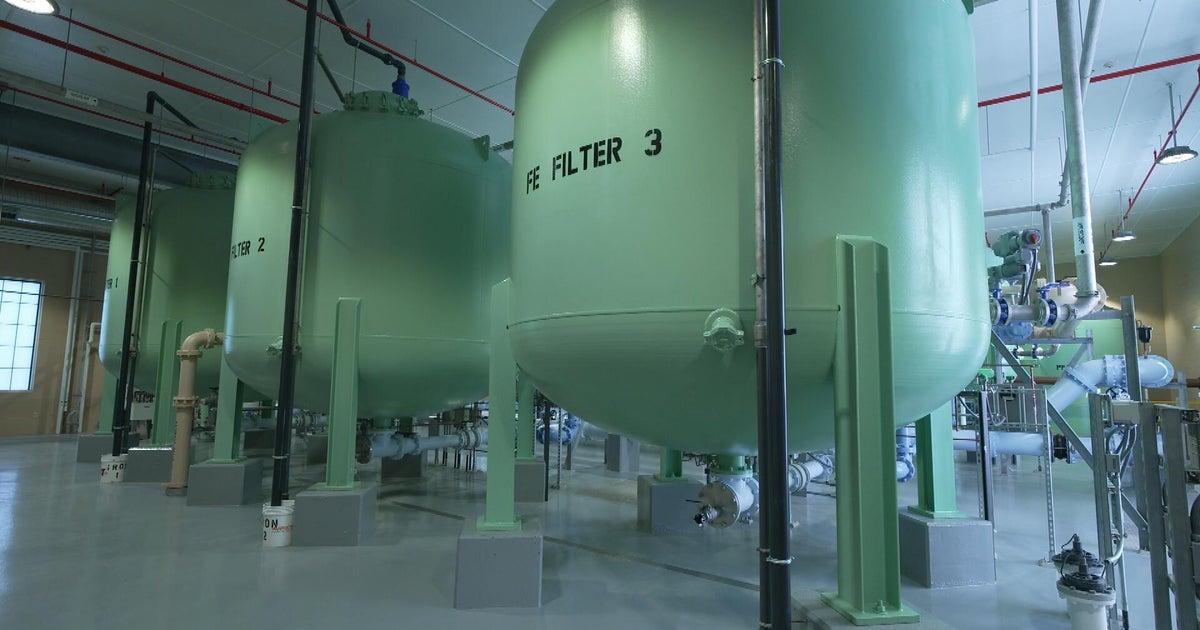An ancient hack could finally help relive the dreadful symptoms of snoring, a new study has revealed.
The practice of blowing through a conch shell, also known as shankh blowing, could assist patients struggling with obstructive sleep apnoea (OSA), which blocks the airways and can lead to snoring.
Affecting an estimated eight million people across the UK, common symptoms of the condition include choking noises, loud snoring, alongside disrupted sleep that can increase the risk of high blood pressure, strokes and heart disease.
In a small trial undertaken by a specialist team of researchers in India, 30 people aged between 19 and 65 with OSA were encouraged to blow into a conch shell for a mimimum of 15 minutes, five days a week.
Those who blew into the shell for six months were found to be 34 per cent less sleepy during the day and also had better quality of sleep than those who practised deep breathing exercises.
The findings represent a dramatic breakthrough in treatment options for OSA, with Dr Krishna K Sharma, of the Eternal Heart Care Centre and Research Institute in Jaipur, India, stating they serve as a ‘promising alternative’.
Currently, the most common treatment option for individuals suffering with OSA is a continuous positive airway pressure (CPAP) machine that blows pressurised air into the nose and throat while they sleep via a mask, that is often uncomfortable.
But now, those in desperate need of a snoring cure may be in luck – with the results finding that those who practiced the historic hack also had higher levels of oxygen in their blood during the night.

The practice of blowing through a conch shell, also known as shankh blowing, could assist patients struggling with obstructive sleep apnoea (OSA), which blocks the airways and can lead to snoring

Affecting an estimated eight million people across the UK, common symptoms of the condition include choking noises, loud snoring, alongside disrupted sleep that can increase the risk of high blood pressure, strokes and heart disease (file image)

In a small trial undertaken by a specialist team of researchers in India , 30 people aged between 19 and 65 with OSA were encouraged to blow into a conch shell for a mimimum of 15 minutes, five days a week, with remarkable results uncovered
They also reported an average four or five less apnoeas, where breathing is paused during sleep at night, per hour.
Dr Sharma described shankh blowing as a ‘distinctive’ exercise that ‘involves a deep inhalation followed by a forceful, sustained exhalation through tightly pursed lips’.
Explaining how the decades-old method works, Dr Sharma added: ‘This action creates strong vibrations and airflow resistance, which likely strengthens the muscles of the upper airway, including the throat and soft palate, areas that often collapse during sleep in people with OSA.
‘The shankh’s unique spiralling structure may also contribute to specific acoustic and mechanical effects that further stimulate and tone these muscles.’
The medical expert explained that the technique is simple, low-cost and will help provide a snoring remedy that moves away from medication.
Given the success of the initial study, the team of researchers are now planning a larger trial that is set to involve several hospitals.
The hope, Dr Sharma adds, is that it will help the team ‘assess how shankh blowing performs over longer periods’, alongside determine whether it can help assist those with the ‘most severe forms of OSA’.
The innovative new study comes as amid shocking new research that suggested those suffering with OSA could trigger lung cancer, with a ‘significant’ link uncovered between the two.

Those who blew into the shell for six months were found to be 34 per cent less sleepy during the day and also had better quality of sleep than those who practised deep breathing exercises

Currently, the most common treatment option for individuals suffering with OSA is a continuous positive airway pressure (CPAP) machine that blows pressurised air into the nose and throat while they sleep via a mask, that is often uncomfortable (file image)

The findings represent a dramatic breakthrough in treatment options for OSA, with Dr Krishna K Sharma, of the Eternal Heart Care Centre and Research Institute in Jaipur, India, stating they serve as a ‘promising alternative’. The team are now planning a larger trial
US researchers, who assessed the health records of more than 2.4million adults, said they cannot be sure exactly why the common sleep disorder raises this risk.
But they believe it may be due to the lack of oxygen people get during the night – or lifestyle factors including smoking and even obesity.
Presenting the findings at the American Society of Clinical Oncology conference in Chicago, scientists urged policymakers to consider screening those with the condition for the disease and tackle sleep apnea early, soon after a diagnosis.
In the study, researchers at Marshall University in West Virginia, tracked lung cancer diagnoses separating those diagnosed with OSA and those without.
After accounting for factors that could skew the results, such as age and other diagnosed health conditions, they found OSA patients were 1.21 times more likely to develop lung cancer compared to those without OSA.

Sleep deprivation can lead to obesity, memory loss, diabetes, heart disease, heightened and unstable emotions, impaired ability to learn and a reduced immune response, leaving you vulnerable to disease
Dr Jowan Al-Nusair, study co-author and physician at Marshall University told the Daily Mail it was ‘one of the first statistically significant studies’ to prove a link between the condition and lung cancer.
‘While further studies are definitely now needed to investigate just how the significant the link truly is, this suggests OSA may be a preventable risk factor for lung cancer.
‘We should be more closely monitoring patients with OSA. Patients would definitely benefit from screening and early intervention to combat OSA.
‘Additional studies are essential to understand exactly why OSA may increase this risk.’
Source link


